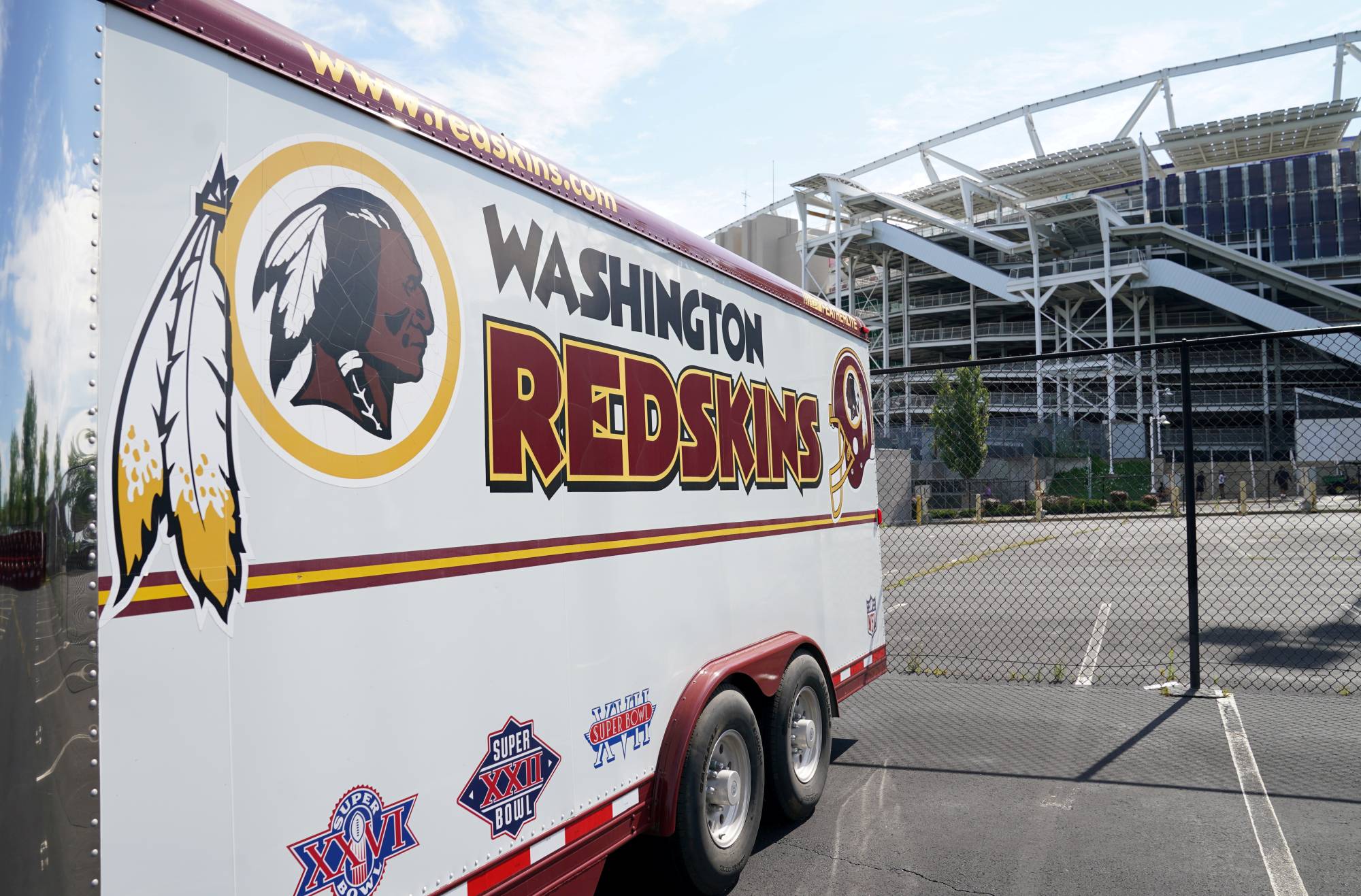By the time you read this, the professional football team located in the U.S. capital might have selected a new moniker. The controversy has been around for decades, and the Washington team recently yielded to critics who found the old name racist. Whichever side you’re on in that controversy, it’s useful to think about what the debate teaches us about the process of naming.
Many scholars argue that the process by which a name is selected tells us more than does the name itself. Through studying the process, we often can discover the relations of power. The choice of what to call a country, for example, is hardly ever democratic. It’s been argued that as a result of Western influence, the practical significance of the names of places across Hawaii has changed, even as the names themselves have remained the same.
Still, the power can be illusory. Consider the naming of children. Although parental discretion is nearly absolute — some call it a constitutional right — the choices actually made suggest that parents mainly copy the names of other babies. The exercise of "free” parental choice turns out to be tightly cabined by social trend.


















With your current subscription plan you can comment on stories. However, before writing your first comment, please create a display name in the Profile section of your subscriber account page.